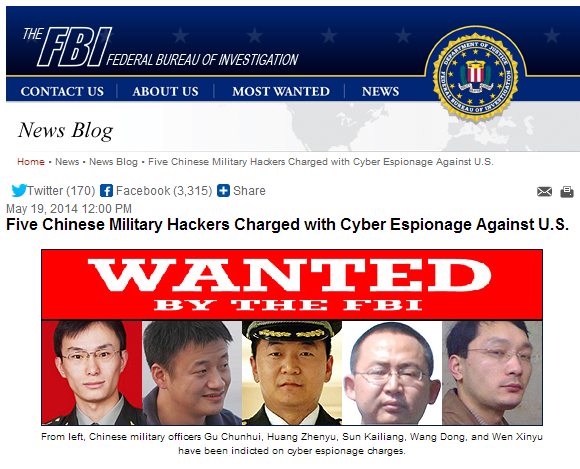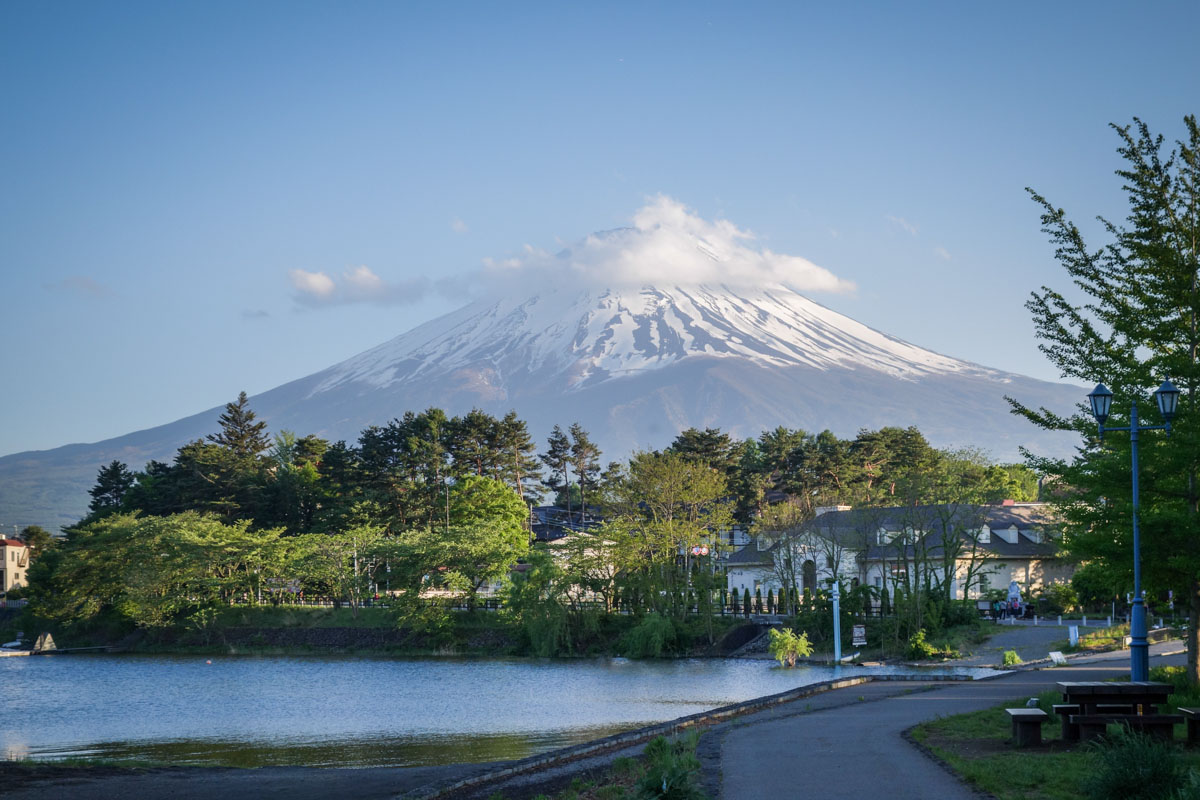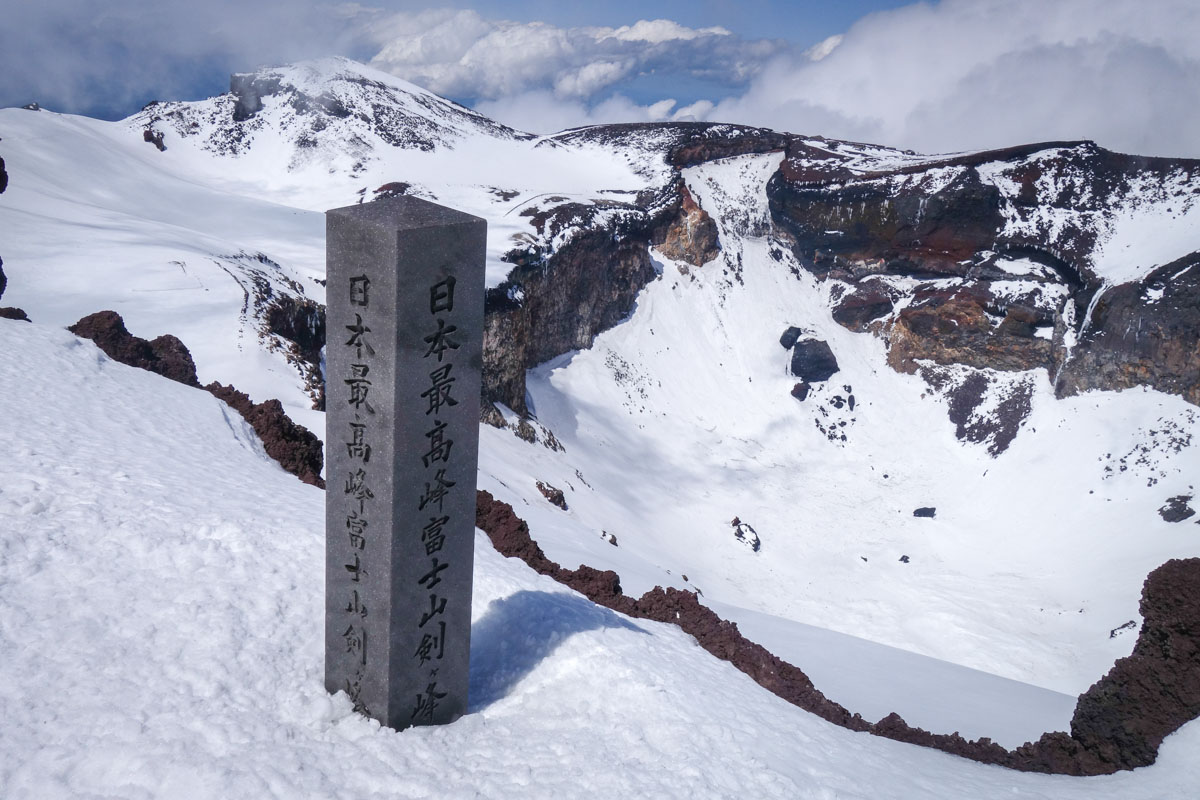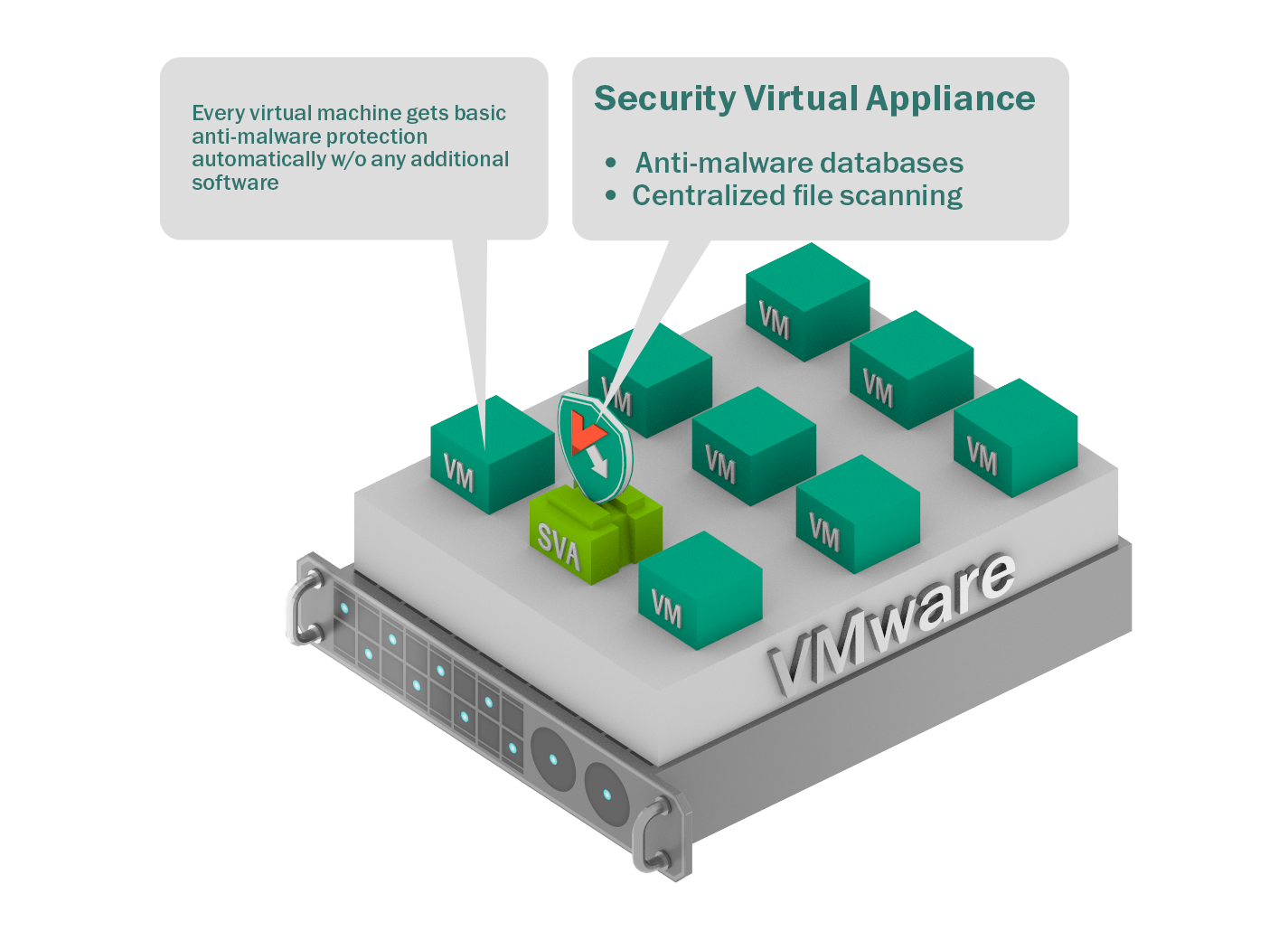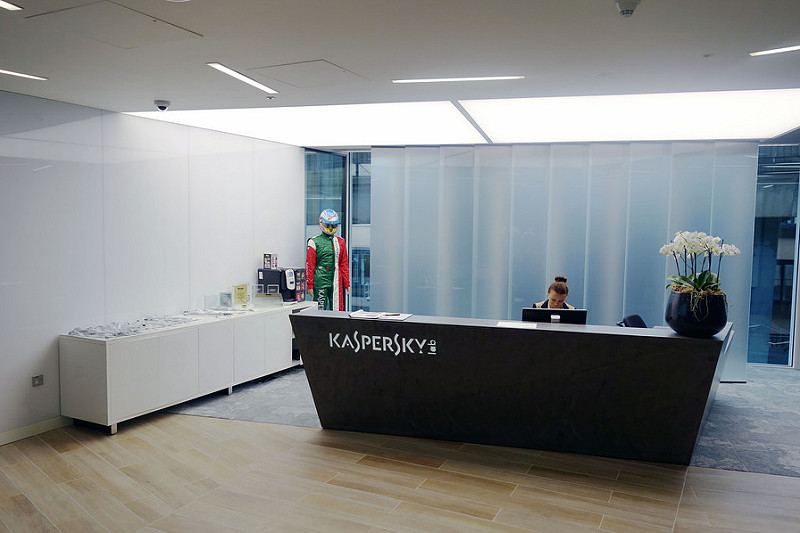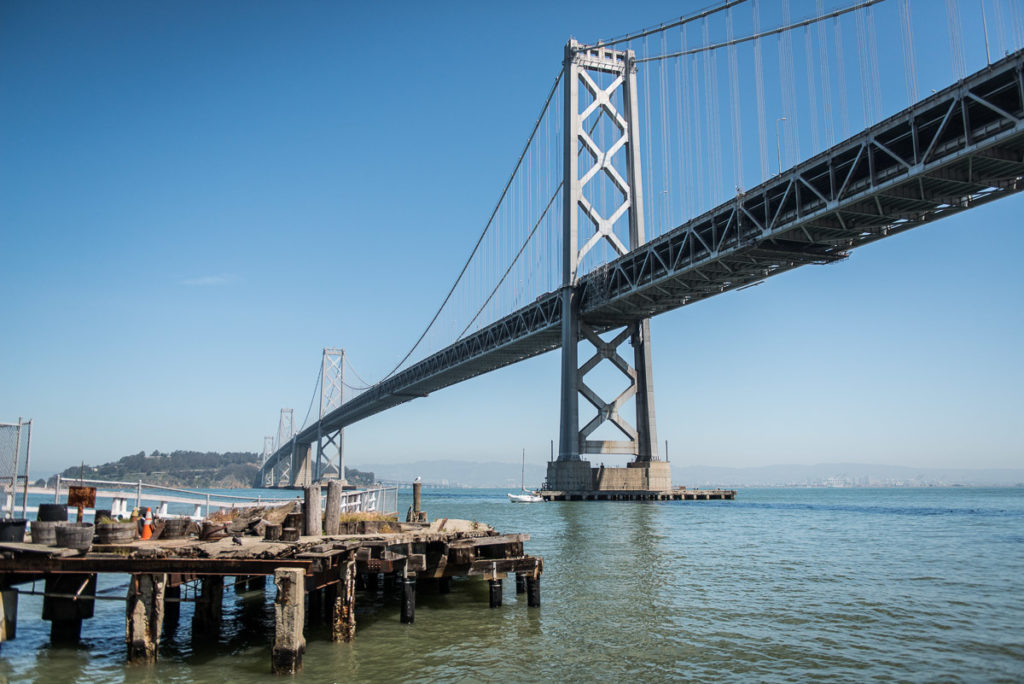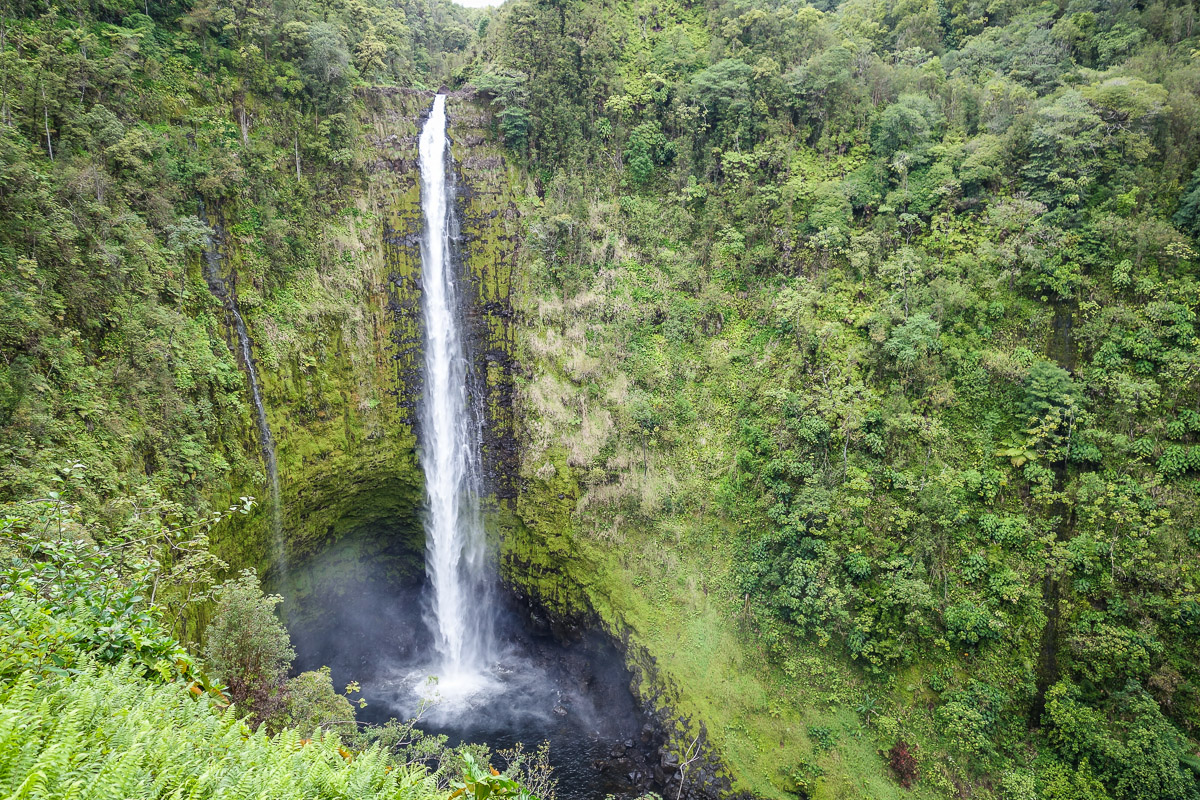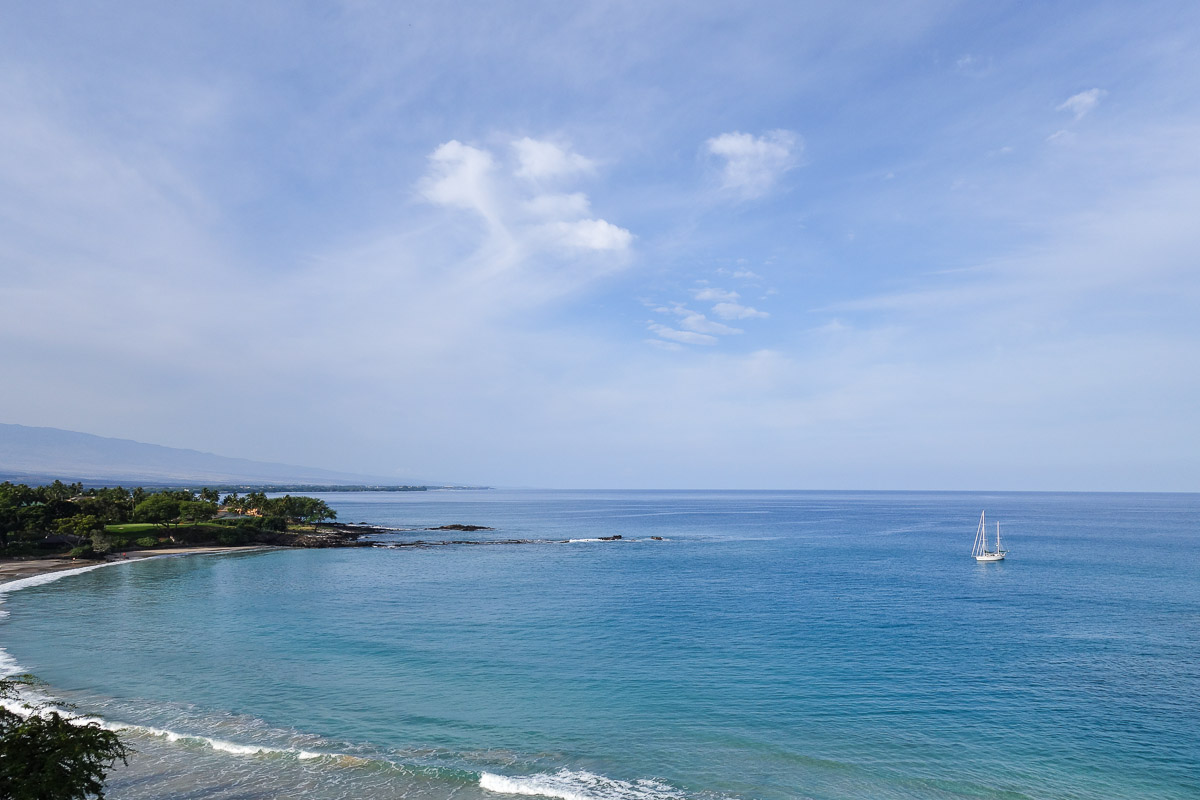May 26, 2014
Cybernews from the dark side – May 26, 2014
Greetings droogs!
It seems ages since I’ve touched upon a cyber-maliciousness topic on these here pages – what’s hot and what’s not, what’s in and out, and all that… You might even think we’re twiddling our thumbs here seeing as I stay shtum on topics relating to our raison d’être…
Well just let me reassure you that we are on top of EVERYTHING going on in the cyber-jungle; it’s just that we publish all the detailed information we have on dedicated techy news resources.
The only problem with that is very few folks actually read them! Maybe that’s understandable: the detail can get tiresome – especially to non-tech-heads. Not that that’s a reason not to publish it – far from it. However here on this blog, I don’t bog the reader down with too much tech. I just give you the most oddly curious, amusing and entertaining morsels of cybernews from around the world.
Sooo, what was curiously odd, entertaining and bizarre last week?…
“He hit me!” “He started it!”
The sparring between the USA and China about cyber-espionage has taken a new turn…
This time the Americans took their swipe with photographs and names of ‘guilty’ individuals: five Chinese military specialists have ended up on the latest classic Wild West-inspired FBI ‘Wanted’ poster for allegedly breaking into networks of US companies and stealing secrets.
Read on: An example of some seriously perplexing cyber-alchemy…
